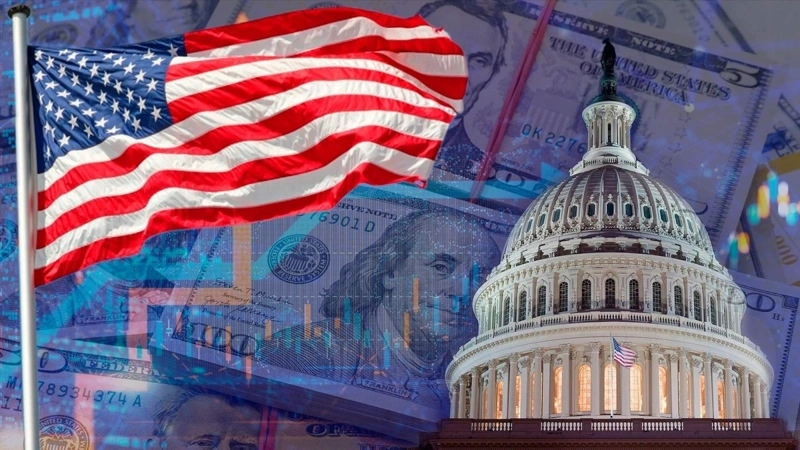The longest government shutdown in the nation’s history is poised to end. On Monday, the U.S. Senate passed a legislative compromise intended to restore funding, resolving a weeks-long deadlock that had severely impacted federal services.
The shutdown had interrupted food assistance for millions, left hundreds of thousands of public employees without pay, and caused significant disruptions to air travel operations.
Details of the Bipartisan Vote
The agreement passed the Senate with a vote of 60 to 40. The majority of support came from the chamber’s Republicans, joined by eight Democrats.
The Democrats who voted for the measure had unsuccessfully sought to include an extension of health subsidies, which are due to expire at the end of the year and benefit 24 million citizens, into the funding bill.
While the compromise sets the stage for a December vote on those subsidies, it provides no guarantee of their continuation.
The measure restores financial support for federal agencies whose funding had lapsed on October 1. It also temporarily halts the President’s efforts to reduce the federal workforce, preventing any potential layoffs until January 30.
The legislation now moves to the House of Representatives, where the Speaker has indicated a desire to pass it quickly, perhaps as soon as Wednesday, and send it to President Trump for enactment.
President Trump publicly voiced his approval of the deal, calling the agreement to reopen the government “very good.”
Political Fallout and Fiscal Concerns
The agreement extends government funding through January 30. This temporary funding path means the federal government will continue adding approximately $1.8 trillion per year to its current debt of $38 trillion.
Coming just one week after Democrats secured significant victories in recent high-profile state and municipal elections, the deal has provoked frustration among many Democratic lawmakers.
They expressed concern that the Republican-controlled House and Senate may not agree to extend the expiring health insurance subsidies in the future.
Senator Dick Durbin of Illinois, the second-ranking Democrat in the Senate, remarked, “We wish we could do more.” He added that the shutdown, which some saw as leverage to drive better policy, ultimately “didn’t work.” Public opinion polls conducted in late October showed that 50% of citizens held Republicans responsible for the shutdown, while 43% blamed Democrats.
Market Reaction and Executive Authority
U.S. stocks experienced a rise on Monday, boosted by the news that progress had been made toward reopening the government.
The President has unilaterally cancelled billions of dollars in prior federal spending and cut the federal payroll by hundreds of thousands of workers, actions which some argue infringe on the legislature’s constitutional authority over fiscal matters.
Due to these past actions, some Democratic lawmakers questioned why they should support any future spending deals.
The approved compromise does not appear to include specific safeguards intended to prevent the President from enacting further spending cuts.
However, the agreement does secure funding for the national food-subsidy program (SNAP) through September 30 of next year, ensuring no disruption to that vital program, even if the government were to face another shutdown during that period.
Military Escalates Operations After Trump Intervention Threat




















